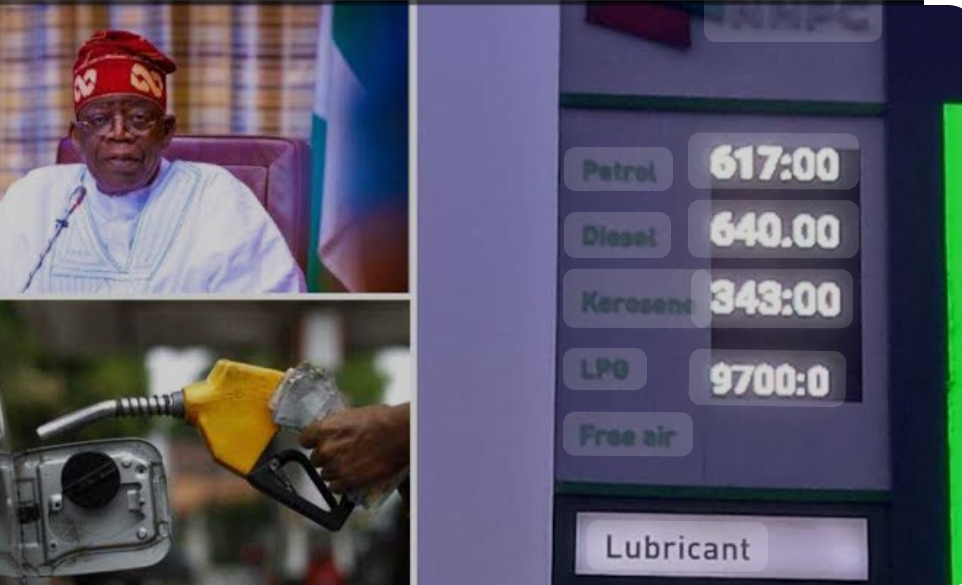The complex and often controversial history of fuel subsidy policies, pricing, and the broader management of the petroleum sector in Nigeria continues to bedevil Nigeria's exonomy especially in the face of a lack of clear-cut economic policies designed to encourage obvious growth and development. This saga has been marked by a series of challenges, including fuel shortages, price hikes, subsidy removals, and allegations of corruption within both government and private sectors.
The recent declaration of the NNPCL of its inability to sustain the burden of fuel importation because of a debt of six billion dollars has now led to an increase in the pump price of the product to an average of ₦880/litre across the country.
For a country already severely impoverished by bad and poorly conceived and implemented policies, this recent price increase perhaps sounds a death knell, not just for the few business that were struggling to stay afloat; but also for many Nigerians who already could barely feed themselves as things were before this new price regime.
But what exactly has been going on the petroleum sector of which, like his predecessor, president Tinubu is the substantive 'Minister of Petroleum"?
Key Aspects of the Nigerian Petrol Saga:
Subsidy Removal and Public Outcry:
Over the years, successive Nigerian governments have attempted to remove fuel subsidies, arguing that the funds could be better utilized in other sectors like infrastructure and education. However, these moves have often been met with significant public resistance, leading to protests and strikes.
Corruption Allegations:
The petroleum sector in Nigeria has been rife with allegations of corruption. The subsidy regime has been criticized for being opaque, with claims that billions of dollars have been lost due to fraudulent claims and mismanagement.
Fuel Scarcity:
Despite being one of the largest oil producers in Africa, Nigeria has frequently faced fuel shortages. This paradox is often attributed to the country’s reliance on imported refined petroleum products due to the poor state of its domestic refineries.
Price Increases:
Fuel price increases, often tied to subsidy cuts, have had a profound impact on the Nigerian economy, driving up the cost of goods and services and contributing to inflation.
Government Communication and Trust:
The Nigerian government’s communication strategy regarding fuel policies has often been perceived as inconsistent or deceptive. Promises of subsidy savings being used for social programs have not always materialized, leading to a growing distrust between the government and the populace.
Economic Impact:
The fluctuation in fuel prices and the instability of the petrol supply have significant repercussions on the Nigerian economy. Transport costs, goods pricing, and overall economic stability are heavily influenced by the petrol sector.
This saga reflects the broader challenges of governance in Nigeria, where a combination of resource wealth, corruption, and policy mismanagement has often led to public dissatisfaction and economic volatility. This is particularly evident in this present government's insensitivity to the plight of Nigerians; many of whom are finding it increasingly difficult to survive from day-to-day.
For a president who campaigned on the mantra of renewed hope; the future certainly looks bleak for the already overburdened Nigerians.
Eguaogie Eghosa
